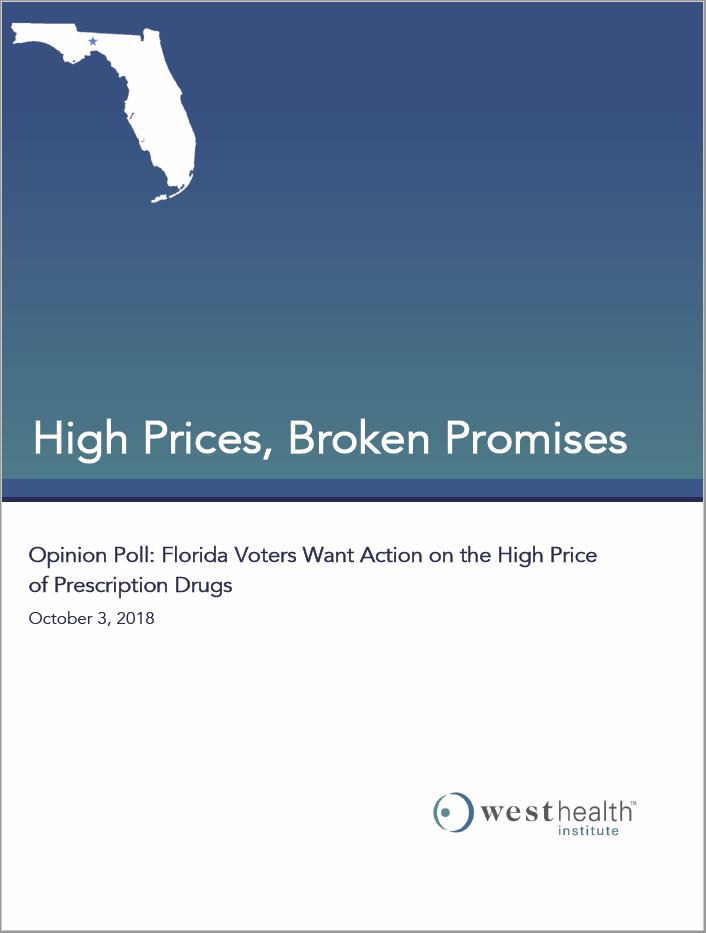Opinion Poll: Iowa Voters Want Action on the High Price of Prescription Drugs
Results of an opinion poll indicate that Iowa voters are deeply concerned about the high cost of prescription drugs. Conducted from August 16 to 23, 2018, by the West Health Institute, the poll surveyed 750 Iowa voters and found that the majority consider healthcare costs the most significant issue facing the country today, surpassing jobs, the economy, and immigration. The poll reveals that a striking 82% of voters are troubled by the cost of prescription drugs, and a substantial portion has even refrained from filling prescriptions due to these costs.
The report emphasizes that Iowan voters across political lines are dissatisfied with the current handling of prescription drug prices by both President Trump and Congress. A notable 84% of respondents advocate for Congressional candidates who support allowing Medicare to negotiate drug prices directly with pharmaceutical companies. This issue cuts across partisan divisions, with a significant majority agreeing that lowering drug costs should be prioritized by congressional candidates, reflecting broad voter consensus on the need for governmental action in drug pricing.
Furthermore, the poll suggests that political candidates who commit to tackling high drug prices could gain substantial voter support. Two-thirds of the surveyed voters expressed that they would be more likely to support a candidate who vows to enable Medicare to negotiate lower drug prices directly. This stance is popular among Republicans, Democrats, and independents alike, highlighting the potential impact of this issue on upcoming elections. The findings indicate a strong voter mandate for significant reforms to reduce the cost of prescription drugs, signaling a crucial issue for candidates in future electoral campaigns.



